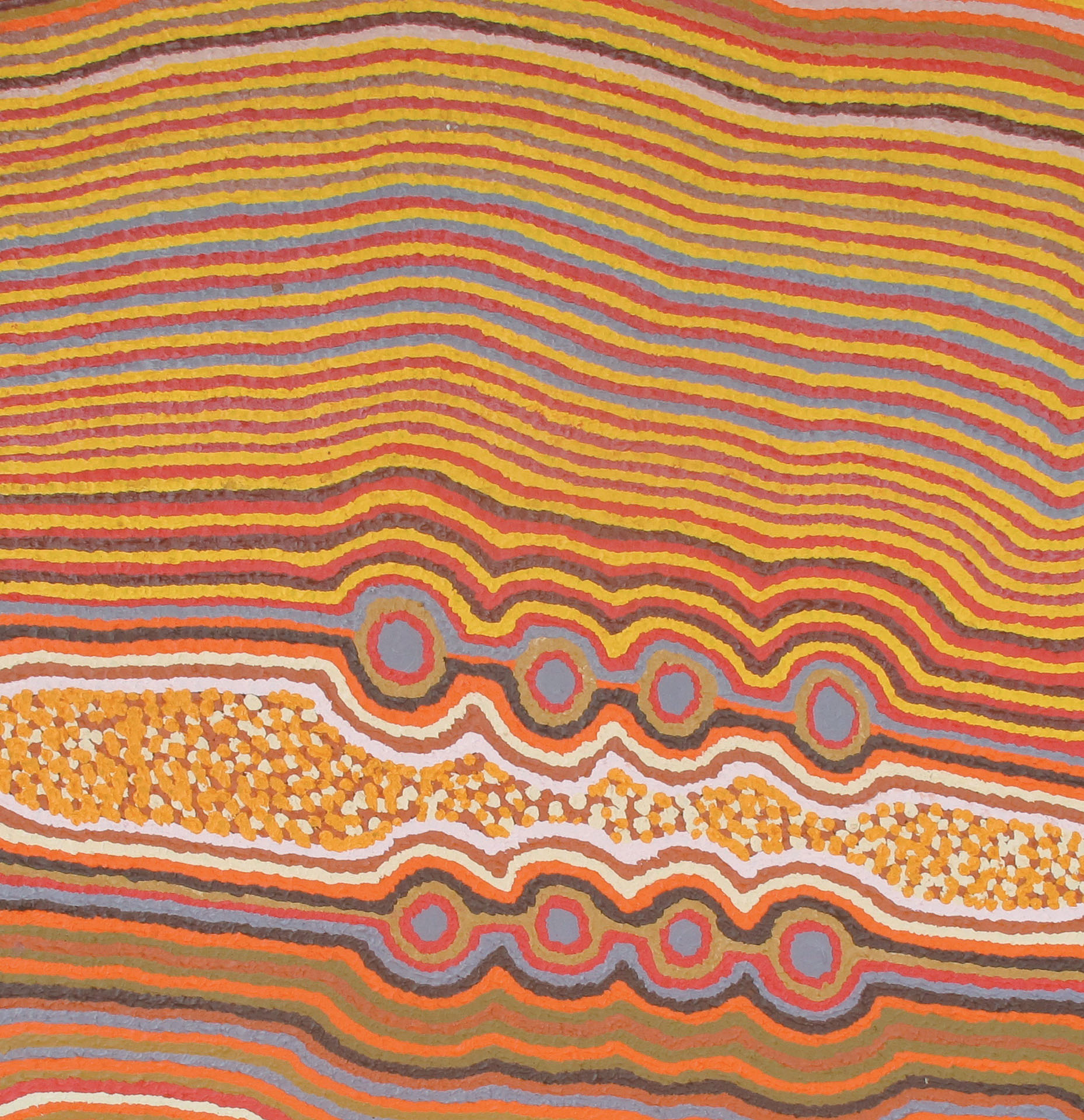Chapter Introduction
1

Cultural Geography: An Introduction
1
Most of us are born geographers. We are curious about the distinctive character of places and peoples. We think in terms of territory and space. Take a look outside your window right now. The houses and commercial buildings, streets and highways, gardens and lawns all tell us something interesting and profound about who we are as a culture. If you travel down the road or on a jet to another region or country, the view outside your window will change, sometimes subtly, sometimes drastically. Our geographical imagination will push us to look and think and begin to make sense of what is going on in these different places, environments, and landscapes. It is this curiosity about the world—about how and why it is structured the way it is, what it means, and how we have changed it and continue to change it—that is at the heart of human geography. You are already geographers; we hope that our book will make you better ones.
2
If every place on Earth were identical, we would not need geography, but each is unique. Every place, however, does share characteristics with other places. Geographers define the concept of region as a grouping of similar places or of places with similar characteristics. The existence of different regions endows the Earth’s surface with a mosaiclike quality. Geography as an academic discipline is an outgrowth of both our curiosity about lands and peoples other than our own and our need to come to grips with the place--centered element within our soul. When professional academic geographers consider the differences and similarities among places, they want to understand what they see. They first find out exactly what variations exist among regions and places by describing them as precisely as possible. Then they try to decide what forces made these areas different or alike. Geographers ask what? where? why? and how?
geography The study of spatial patterns and of differences and similarities from one place to another in environment and culture.
Our natural geographical curiosity and intrinsic need for identity were long ago reinforced by pragmatism, the practical motives of traders and empire builders who wanted information about the world for the purposes of commerce and conquest. This concern for the practical aspects of geography first arose thousands of years ago among the ancient Greeks, Romans, Mesopotamians, and Phoenicians, the greatest traders and empire builders of their times. They cataloged factual information about locations, places, and products. Indeed, geography is a Greek word meaning literally “to describe the Earth.” Not content merely to chart and describe the world, these ancient geographers soon began to ask questions about why cultures and environments differ from place to place, initiating the study of what today we call geography.